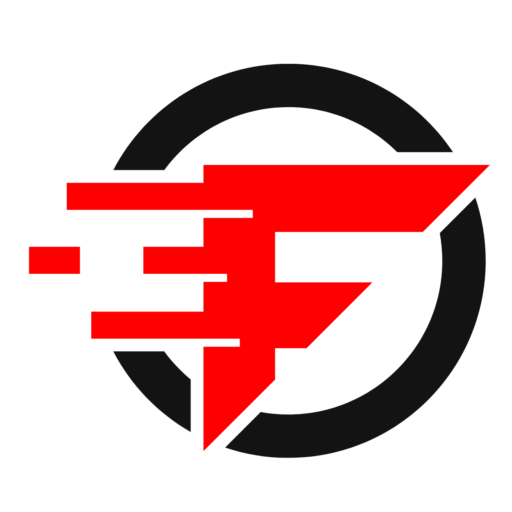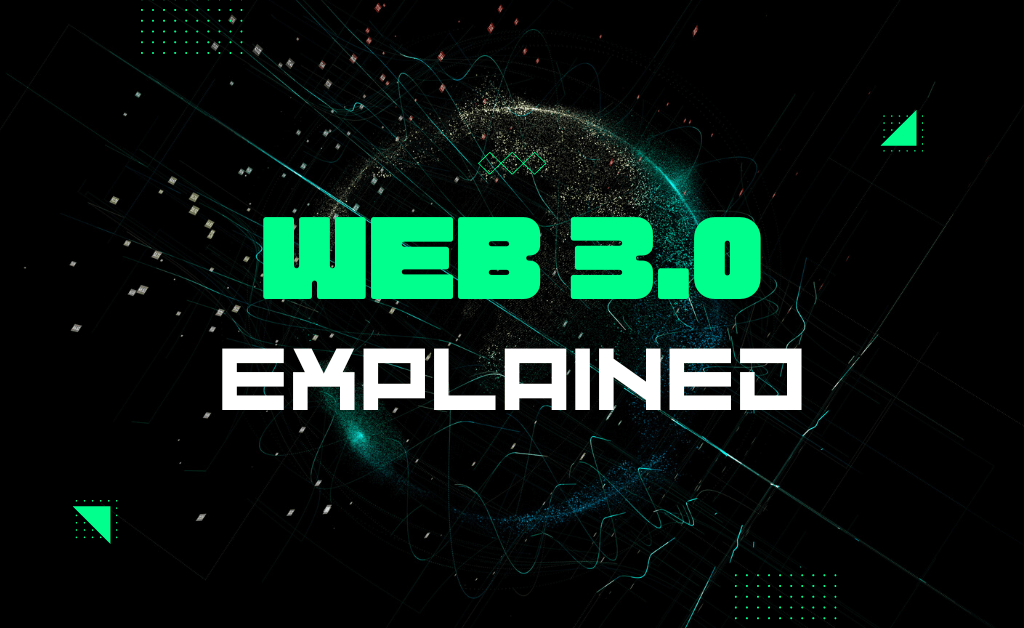What is Web3?
The term “Web3” refers to the upcoming iteration of the internet, which is based on distributed and decentralised technology like blockchain. The main goal of Web3 is to establish a more open, safe, and decentralised internet that is run by its users rather than a small number of corporations.
The term “Web3” refers to the upcoming iteration of the internet, which is based on distributed and decentralised technology like blockchain. It all revolves on building a more open, secure, and decentralised internet that is governed by its users rather than a small number of large businesses. We’ll be looking at what it is, how it differs from Web2, and any potential effects it might have on the world in this blog article.
In contrast to Web2, the current iteration of the internet, it is distinct. Web2 is based on centralised technologies, such as servers, which are managed by a small number of significant businesses, such as Amazon and Google. Web2 is also beset by challenges including data breaches, censorship, and privacy concerns, all of which It seeks to resolve.
Blockchain technology, a distributed ledger that is maintained by a network of nodes, is being used to create Web3. Every node on the blockchain network has a copy of the ledger, and before any transactions are added to the ledger, the network verifies them. This makes centralised technologies significantly less secure and opaque than blockchain technology.
Other decentralised technologies, such as smart contracts and decentralised applications, are also utilised by Web3. (dApps). Self-executing contracts known as smart contracts, which are based on blockchain technology, enable safe, open, and automated transactions. Applications created using blockchain technology are known as “dApps,” and they may be used for anything from social networking to finance.
Why is Web3 Important?
It is significant because it has the ability to address a number of issues that the internet is now experiencing. The fact that a few number of powerful corporations govern the present internet, which can result in problems like censorship and data breaches, is one of the main challenges with it. It attempts to build a more user-controlled, decentralised internet, which could aid in solving these issues.
Another reason why Web3 is crucial is that it may open the door to new kinds of business models and apps. Decentralized finance (DeFi) apps, for instance, are made possible by this, allowing for more open and inclusive financial services. Millions of individuals now use DeFi applications like peer-to-peer lending and staking, and as Web3 develops further, their use may increase much further.
New social media platforms that are not governed by a small number of powerful corporations may be made possible via Web3. Currently, a few number of powerful firms control social media sites like Facebook and Twitter, which can result in problems like censorship and data breaches. It might make it possible to develop user-controlled, decentralised social media networks, which could aid in resolving these issues.
The top 5 Web3 trends
NFTs Become Mainstream:
In 2021 and 2022, NFTs (Non-Fungible Tokens) swept the globe, and in 2023, we can anticipate even greater global adoption. Digital works of art, music, and even tweets have all been sold using them in the past. We may anticipate seeing NFTs become more widely used in 2023, with well-known corporations and celebrities adopting them to commercialise their digital works.
Decentralized Finance (DeFi) Goes Mainstream:
NFTs (Non-Fungible Tokens) swept the globe in 2021 and 2022, and in 2023 we should expect even more widespread usage. They have previously been used to sell digital artwork, music, and even tweets. In 2023, we could expect to see NFTs utilised more frequently as well-known companies and celebrities start using them to market their digital creations.
Increased Adoption of Web3 Browsers:
The newest web browsers, known as Web3, are designed to handle decentralised apps and protocols. We can anticipate a rise in usage of its browsers like Brave and MetaMask in 2023. These browsers enable users to connect with decentralised services like social media networks and markets built on blockchains without ever leaving the browser.
Increased Focus on Privacy and Security:
Internet users have significant privacy and security concerns, which are addressed by decentralised technology like blockchain. We may anticipate a greater emphasis on privacy and security in Web3 apps in 2023. Users will increasingly prefer decentralised identification systems like DID (Decentralized identification) and SSI (Self-Sovereign Identity) as a means of taking control of their personal data and safeguarding their privacy.
Increased Integration of AI and Machine Learning:
The world has already been significantly impacted by AI (Artificial Intelligence) and machine learning, and in 2023, we may anticipate seeing these technologies more closely integrated with Web3. Decentralized applications’ performance, security, and user experiences can all be enhanced by AI and machine learning. We may anticipate seeing more cutting-edge applications of AI and machine learning as it develops.
The potential impact of Web3
Web3 has a huge potential influence and may alter how we communicate online and with one another. The following are a few effects that Web3 might have on the world:
Decentralized Finance (DeFi):
DeFi applications can be developed thanks to it, allowing for more open and inclusive financial services. Peer-to-peer lending and staking are two DeFi applications that are now utilised by millions of individuals worldwide and could gain even more traction.as Web3 constantly changes. DeFi applications give users access to financial services that were previously exclusively available to the wealthy and give them control over their funds. This might aid in addressing problems like inequality and financial exclusion.
Decentralized Social Media:
It might make it possible to develop decentralised social media networks that are not governed by a small number of powerful corporations. This might give people more control over their data and address problems like censorship and data breaches. Decentralized social media platforms might develop fresh business models that compensate users for their efforts instead of relying solely on advertising income.
Decentralized Marketplaces:
The development of decentralised markets that are not governed by a small number of powerful firms may be made possible via Web3. For small businesses and entrepreneurs that presently rely on centralised platforms like Amazon and eBay, decentralised markets could open up new opportunities. By enabling customers to trace the provenance and path of products, decentralised markets may also make it possible to establish more ethical and sustainable supply chains.
Digital Identity:
Decentralized digital identity systems could be made possible by Website, giving people more control over their personal data. Voting and online authentication are only a couple of the many uses for digital identification systems. By making it more difficult for bad actors to pose as others, decentralised digital identity systems may also aid in addressing problems like fraud and identity theft.
Decentralized Autonomous Organizations (DAOs):
Decentralized autonomous organisations (DAOs), which run on blockchain technology and operate without the need for a central authority, may be made possible by Web3. DAOs could develop innovative, transparent, democratic, and sustainable business models. By enabling people from all over the world to collaborate on common objectives, DAOs may also open up new avenues for coordination and collaboration.
Conclusion
Web3 is the internet of the future, and it has the potential to provide a more open, safe, and decentralised internet that is run by its users rather than a small number of powerful businesses. Decentralized technologies like blockchain, which are more transparent and safe than centralised ones, constitute the foundation of Web3. Web3 might make it possible for new apps and business models, such as DeFi and DAOs, and it might make it easier to handle problems like financial exclusion, censorship, and data breaches. Web3 has a huge potential impact and could alter how we communicate online and with one another.

